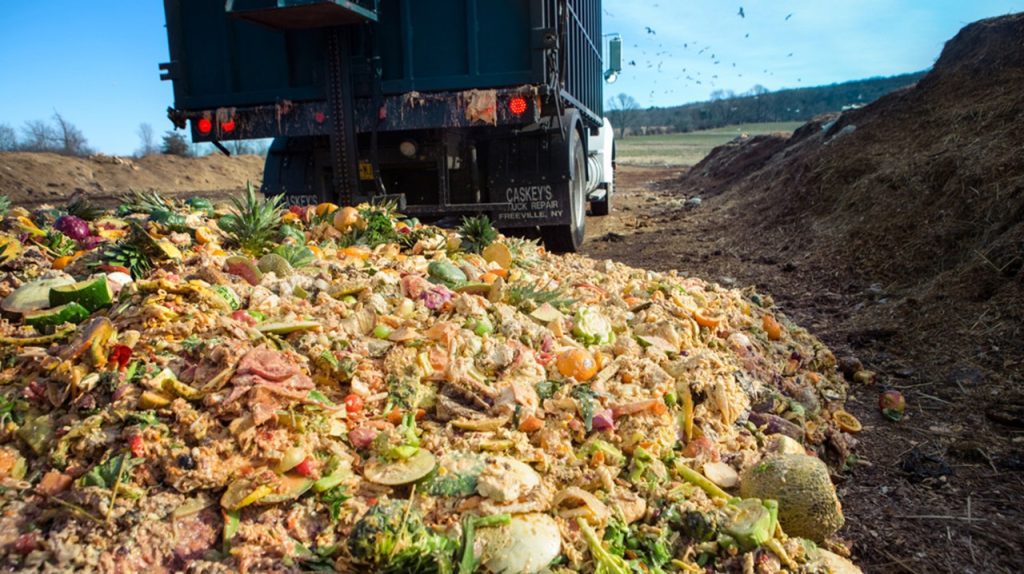Food wastage in agriculture has significant environmental and economic consequences that affect both the agricultural sector and the broader environment. According to a study, published on the website of the United Nations Food and Agriculture Organisation (FAO), here are the key impacts:
1. Resource depletion: Food wastage represents a tremendous waste of the resources used in agriculture, including water, energy, and land. When food is discarded, these resources are essentially squandered.
2. Greenhouse gas emissions: Decomposing food waste in landfills generates methane, a potent greenhouse gas. This contributes to climate change and global warming, exacerbating environmental problems.
3. Loss of biodiversity: Expanding agricultural production to compensate for losses due to food wastage can lead to deforestation and habitat destruction by resulting in the loss of biodiversity and disruption of ecosystems.
4. Water pollution: The production of uneaten food involves the use of pesticides, fertilizers, and other chemicals. When this food is wasted, these chemicals can leach into waterways, causing pollution and harm to aquatic ecosystems.
5. Soil degradation: Intensive agriculture to meet high production demands can lead to soil degradation, erosion, and loss of soil fertility. This is worsened when food is wasted, as it implies that the resources expended in cultivating that food have been at a loss.
6. Financial losses for farmers: When food produced by farmers goes to waste, they suffer direct financial losses. This affects their income and profitability, potentially leading to financial instabilities.
7. Higher production costs: The resources used to produce wasted food, such as seeds, fertilizers, and labour, represent a sunk cost. These resources could have been allocated more efficiently if the food had not been wasted.
8. Food insecurity: Food wastage can lead to shortages in some regions while food is being wasted in others. This can exacerbate food insecurity and drive up food prices, impacting consumers’ access to affordable food.
9. Market instability: Large-scale food wastage can result in market instability and volatility, affecting agricultural commodity prices. This instability can negatively impact both producers and consumers.
10. Supply chain costs: Wasted food incurs additional costs throughout the supply chain, including storage, transportation, and disposal costs. These costs are ultimately borne by consumers and can raise the overall cost of food.
11. Loss of economic opportunities: Wasting food means missing out on opportunities for value-added processing, such as turning surplus crops into processed foods or biofuels, which could generate additional income.
12. Loss of export revenue: When food is wasted domestically, it may also represent lost opportunities for export revenue. This can impact a country’s agricultural trade balance.
Addressing food wastage in agriculture through better storage, distribution, consumer education, and waste reduction strategies can help mitigate these environmental and economic consequences. Reducing food waste is not only an ethical imperative, but also a way to enhance the sustainability and efficiency of the agriculture sector.



